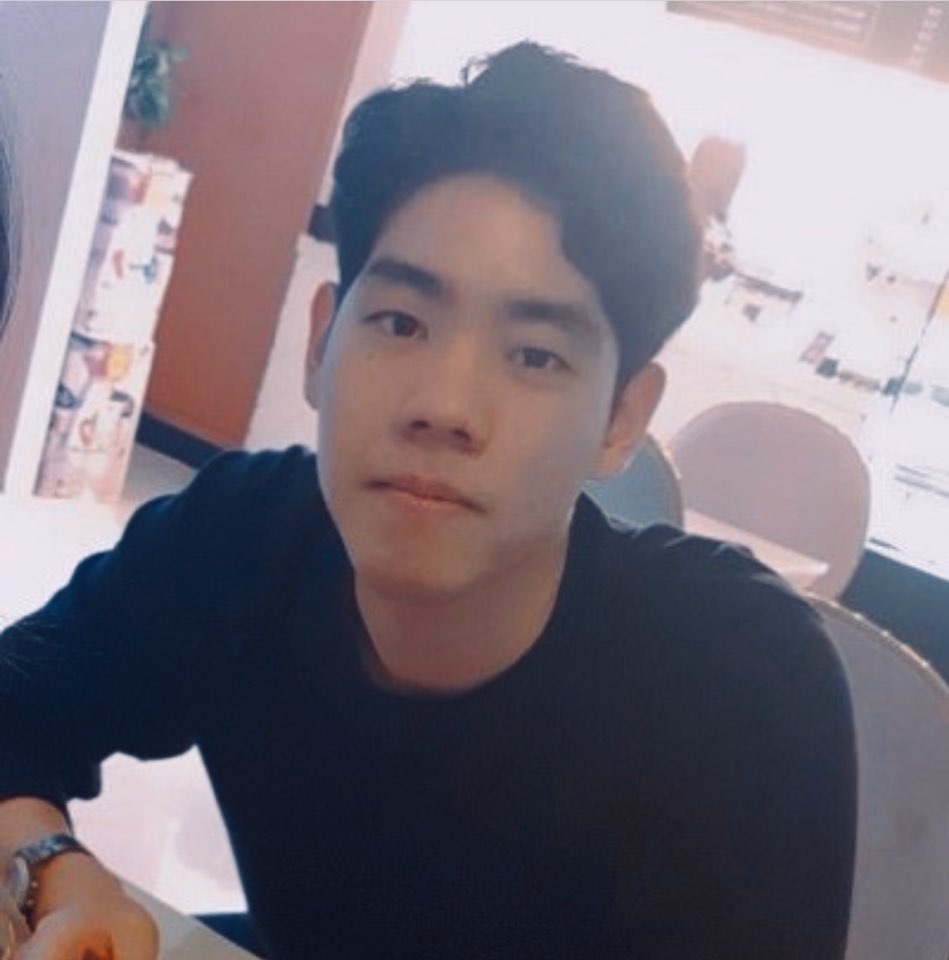Hello, my name is Namu and I am a Ph.D. student at University of Washington, Seattle, advised by Professor Meliha Yetisgen.
I obtained my master’s degree in Digital Analytics from Yonsei University, advised by Prof. Min Song.
As an undergraduate student, I majored in Convergence Software, Economics, and French Language & Culture. Studying three different majors helped me investigate things from various perspectives, which was helpful in conducting research projects from distinct fields.
I initially had a broad research interest area in data science, especially machine learning and natural language processing (NLP). I had the great opportunity to participate in diverse projects related to NLP, and I also participated in information retrieval projects using narrative patient reports and electronic health records (EHRs). I also worked on signal processing research projects, the purpose of which was to classify steering gear noises from a vehicle using novel deep learning technology.
Having been working on projects with Asan Medical Center for over half a year, which is the most renowned medical center in Korea, I felt the necessity for data scientists focusing on the field of biomedical informatics, especially dealing with clinical issues. In other words, I acknowledged that proper machine learning techniques and data scientific approaches are needed to stimulate the efficient use of data related to health, which are essential in improving healthcare.
Therefore, after graduation, I have been working as a data scientist at Asan Medical Center and focusing on solving diverse issues related to the usage of biomedical data. I believe that this experience would be a great asset for my future studies in the field of biomedical informatics and biomedical data science.
As a graduate research assistant at UW-BioNLP Lab., I am advised by Professor Meliha Yetisgen. Currently, I am working on implementing a model that can extract “incidentalomas”, which indicate incidental findings that are potentially malignant.
My future goal is to contribute to the efficient use of medical/health data which will eventually help not only medical experts but also patients needing accurate diagnoses. In short, I would like to become a data scientist proficient in analyzing (bio)medical data, contributing to the improvement of societal healthcare.
